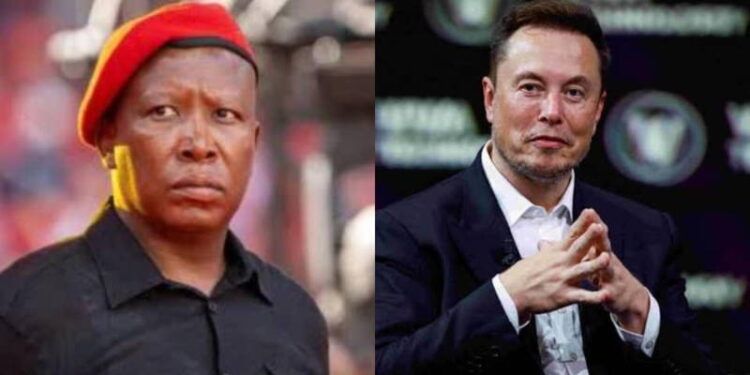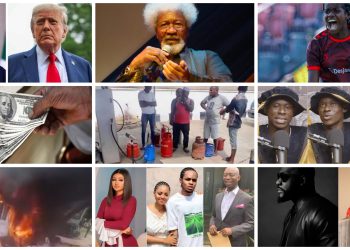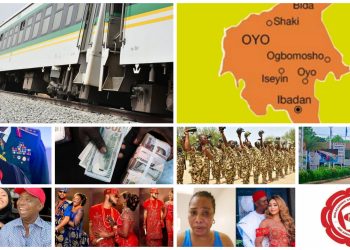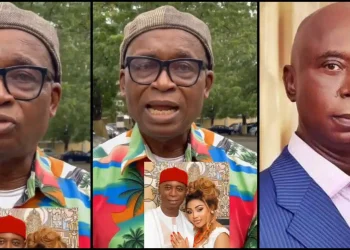The U.S.-South Africa diplomatic relations face heightened tension following the intense discussion between Elon Musk who heads Tesla and SpaceX and Economic Freedom Fighters (EFF) leader Julius Malema.
The political dispute has direct negative effects on South African and U.S. trade operations and their potential for working together internationally.
During his 2023 rally Malema performed the “Kill the Boer” chanting which Musk promptly refuted. The phrase “Dubul’ ibhunu” serves as the base for “Kill the Farmer, Kill the Boer” in English and directs its intent toward the former white South African ruling group. According to South African court laws of 2022 this chant did not qualify as hate speech.
Musk Malema deemed an international criminal thus he requested immediate global sanctions against him. Through his response Malema dismissed Musk’s statements as those from an arrogant heir of apartheid wealth.
The advocate of black equality stated that he would continue his battle for equal racial rights between blacks and whites until international criminal charges were formally applied to him.
These countries’ public dispute has escalated the ongoing conflicts which separate South Africa from the United States. Under the African Growth and Opportunity Act (AGOA) the United States concentrates its trade disputes with South Africa on granting access to the South African market.
Secretary of State Marco Rubio chose not to attend the Johannesburg G20 summit after objecting to South Africa using G20 solidarity and equality and sustainability objectives.
The U.S. government maintains strong interest in mining operations in South Africa despite ongoing diplomatic obstacles. Scott Woodard who acts as Acting Deputy Assistant Secretary of State for Energy Transformation used the African Mining Indaba in Cape Town to offer economic opportunities for engagement.
Throughout this period the domestic sector receives priority but international partnerships can introduce distinct opportunities for collaboration according to the official.
Former U.S. President Donald Trump implemented an executive order featuring a resettlement plan for South African farmers with their families as refugees since he worried about South Africa’s discriminatory land policy which he thought infringed upon white Afrikaner farmers’ human rights.
AfriForum and Solidarity Movement rejected the international reallocation offer since they wanted to persist with South African domestic issues.
According to South African President Cyril Ramaphosa national laws will remain unaffected by external pressure during his recent interview. The Expropriation Act serves the government to acquire land through acquisition because it forms part of a comprehensive national land reform initiative. Official statistics demonstrate that white people hold 72 percent of individual farm operator-owned land while Coloureds, Blacks, and Indians maintain 24 percent ownership.
These policy discussions reveal the complex diplomatic dynamics that form between America and South Africa through the ongoing exchange between Musk and Malema.
International trade agreements and cooperation will acquire their directions through diplomatic negotiations between these two nations while they deal with their individual problems.






